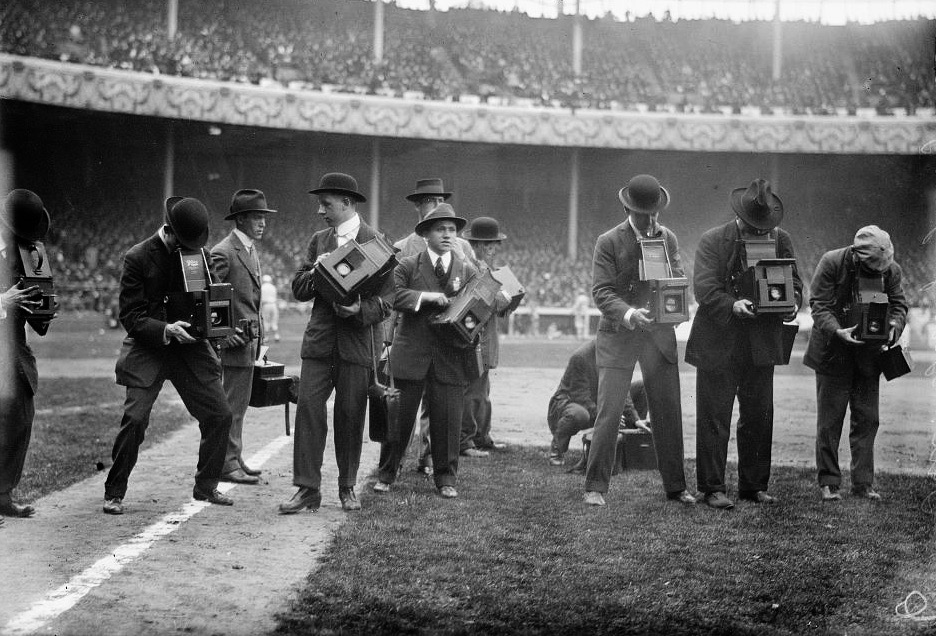“I try to remind myself that this is a job, so I always wear a tie.”
–Robert Caro, in conversation, October 15, 2019.
So what’s it look like when Robert Caro works? Well, you’d probably find him sifting through every book, magazine, and newspaper clipping that ever mentioned his topic. Maybe he asks his wife Ina — a tenacious researcher in her own right — to check out a tangent or track down a new source. Maybe he’s hosting an interview. Many, many interviews. According to Caro, no one source is ever “infallible,” so you might notice how he calls back the same person five, ten, maybe twenty-five times — as long as it takes to distill a scene. It seems most people remember things at different times, stages, and for entirely different reasons. Over the years, then, he’s learned how to assemble three-dimensional tableaux in his head before laying them out on paper. Above all else, that task is paramount: He doesn’t believe in just stringing together facts. After all, he’s trying to tell a story. He writes so his readers can see every scene.
A two-time recipient of the Pulitzer Prize for his books on Robert Moses [The Power Broker, 1975] and Lyndon Johnson [Master of the Senate, 2002] Caro, now 83, still keeps the job simple: He tries to write three pages a day. He still uses a typewriter — a Smith Corona Electra — and does his drafts by hand because that’s the only way he can “slow himself down” and “make himself think.” And although critics harangue about how long it takes him to complete anything — it took him seven years to deliver the biography of Moses — he hasn’t diluted his aim: He writes for himself. He does all the research to satisfy himself. He moves with an unquenchable need to “explain how things work.” It’s a foolhardy trait, no doubt — he actually “likes finishing” what he starts — but he’s not about to compromise for the sake of some arbitrary deadline. “History is a story,” he says, “and you have to tell a good one.”
Caro’s stories are studies on power: how it’s collected, how it’s used, and often how it gets abused. More importantly, though, he shows what having power reveals about those who wield it.
While at Newsday in the early 1960s, Caro had his first epiphany on power after putting together a series on Moses’ plan to build a bridge across Long Island Sound between Oyster Bay and Rye. “I was really proud of myself,” he remembered. “Thought I’d written a great piece that exposed the obvious flaws of the project.” He’d garnered a few awards for his reporting in the past, so Caro figured his latest was persuasive enough to get the “bad idea” cancelled. However, when it came up for a vote in the State Assembly, he was astounded to watch it pass “by like 138 to 4.” It was a life-altering event: He realized that he didn’t know a thing about power. How had Moses, an unelected official, gotten the Assembly to go along with his flawed proposal? He was baffled, yes, but about to get curious.
Thankfully for us, he’s never lost that affliction.
Photo by Rick Stachura. October 15, 2019.
Robert Caro, left, with interviewer Kai Bird at the CUNY Graduate Center.
Mr. Caro’s most recent book is a memoir called “Working: Researching, Interviewing, Writing.” It was published earlier this year.

